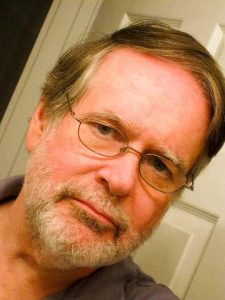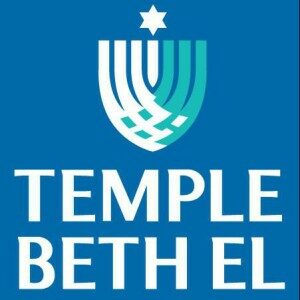If a person loses a limb can they be whole? If so, what about two limbs? If one cannot be whole with a lost limb, what about with a broken limb? Or a broken heart? Or a fractured soul? Although grateful that I have all my limbs and, apart from tonsils, all my organs, like many others I have suffered broken limbs, a broken heart, and a fractured soul. Perhaps the third of those injuries I found most difficult to overcome. In all cases medical attention helped, perhaps mostly with physical injury, but attitudes about illness wax more difficult. We encounter obstacles seeking shalom, peace, a word from the same Hebrew root as shlemut, signifying wholeness, when our bodies or minds encounter serious injury or disease.
Now comes the Hebrew month Elul, a time of preparation for our holiest days, when tradition counsels that we seek to remedy the brokenness of the world by rectifying the brokenness in ourselves. We recognize that in some way each of us lacks wholeness, no matter how comfortable we may be in our skins or souls. We have bones and bodies, psyches and souls to heal. Leave open whether prayer and public worship can fix a broken body. Consider whether prayer can turn us inward to fix a broken heart.
When my still aching injured ankle bothers me too much, I swallow the pill my physician prescribed. I undertake the exercises and therapy he recommends. When my psyche aches, I seek and follow the advice of yet another physician. And when, nearly a dozen years ago I reached a true crisis of a broken heart as my partner and I separated, I found solace in our tradition and our synagogue, along with all the other vehicles of support available. Judaism and Temple Beth El serve as physical and spiritual homes and places of solace. They make me think.
Will I ever find shlemut, wholeness? Probably only in delusion, for it is the nature of our humanity, all of us, to be broken. Nevertheless, we need not despair of wholeness, for we can approach it ever more closely as we seek to fix ourselves during this inward-turning season and the holy days that follow. Kol Nidre will reach Temple Beth El as a whole with its yearning melody, but it will touch each of us personally with hope for growth and reconciliation. The story of the binding of Isaac will set our minds on edge, but each of us will contemplate individually its awesome puzzling message.
Wholeness, we see, does not come in easy answers or successful enterprise, but in yearning and contemplation. Elul is the time; our synagogue is the place. Even when our bodies are broken or sick or aging, our minds hurting or confused, even then our pilgrimage in time brings us again to Elul and repentance so that, looking inward, we can approach wholeness yet again, yet more closely, to seek, and, God willing, find shalom.
Rabbi David E. Powers, Ph.D., was ordained in 1972 at HUC-JIR, Cincinnati. He has served congregations in Philadelphia, Long Island, and Ohio, and had taught at colleges and universities in Ohio and North Carolina.





